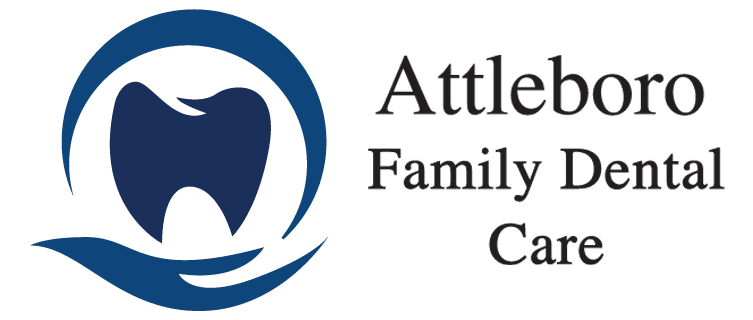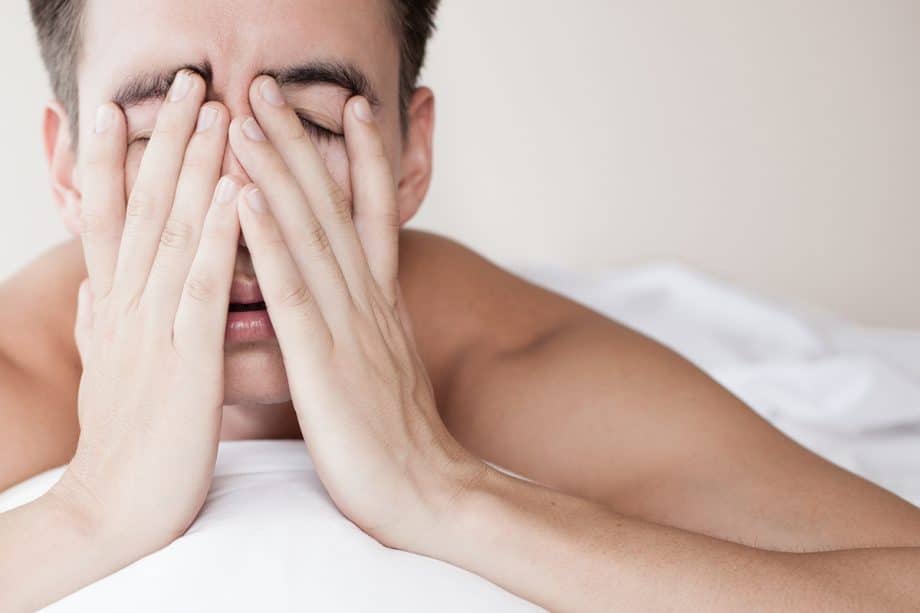Do you snore at night? Do you feel tired throughout the day despite getting the appropriate number of hours of sleep? If so, you may be suffering from sleep apnea, a sleep disorder that is caused by airway blockage while sleeping. It is the most common type of sleep disorder, affecting an estimated 22 million Americans.
The good news is that sleep apnea is treatable. There are methods to keep your airway open while you are asleep to stop your snoring and allow you to get better quality sleep. But in order to understand the treatment options and how they work, it is necessary to understand the causes and symptoms of sleep apnea.
What Exactly is Sleep Apnea?
When you sleep, especially on your back, your jaw relaxes and your tongue and the soft tissues of your throat collapse to partially or completely block your airway. The vibration of these tissues as you breathe in and out is what causes the snoring sound. Sleep apnea will result in your airway being completely blocked at times so that you stop breathing for a few seconds at a time. When your brain registers the fact that you have stopped breathing it will wake you up enough to allow you to change positions and go back to sleep. This can happen repeatedly throughout the night, without you even remembering it, but it prevents you from reaching the deep sleep cycle your body needs to get adequate rest.
What Are the Signs and Symptoms of Sleep Apnea?
If you have sleep apnea, you or a loved one will likely notice the following signs and symptoms:
- Loud snoring. The most common symptom of sleep apnea is snoring. The louder the snoring is, the more likely that sleep apnea is at play.
- Pauses in breathing while sleeping. This is less obvious, but your spouse may notice that you stop breathing at various times during the night. You may even awake with a start and gasp for air.
- Sleepiness during the day. You may find that you are sleepy during the day and are quick to fall asleep on the couch or at your desk.
- Headaches. Lack of quality sleep and oxygen deprivation while sleeping can lead to headaches, especially in the morning.
- Irritability. Being tired and unrested from sleep apnea may make you feel irritable or cranky throughout the day.
- Difficulty focusing on tasks. You may have trouble getting your work done, focusing on schoolwork, or even keeping your attention span on a book you’re reading due to lack of sleep.
How is Sleep Apnea Treated?
The two most common treatments for sleep apnea include:
- CPAP Machine. CPAP stands for Continuous Positive Airway Pressure. A CPAP machine consists of a mask that you wear over your mouth and nose that is connected to a device that forces air through the mask to keep your airway open. When the machine senses that you are not breathing, it blows air into your airway to open it up and ensure that you breathe normally.
- Oral Appliance. An oral appliance can be worn at night that positions your jaw forward enough to keep your tongue and throat tissues from collapsing and blocking your airway. The appliance can be custom made to fit your teeth and mouth so that it is comfortable and unobtrusive.
Both of these treatment options have their advantages. The CPAP machine will consistently keep your airway open, but the bulky mask can be uncomfortable and cause some people to feel claustrophobic. The machine is also cumbersome to travel with. However the oral appliance is small, worn in the mouth like a retainer or mouthguard. It is less bulky and easier to travel with. An oral appliance is also silent, where CPAP machines can be noisy.
Attleboro Family Dental Care Can Create Your Oral Appliance for Sleep Apnea
If you have symptoms of sleep apnea or a confirmed diagnosis, Attleboro Family Dental Care can create an oral appliance for you to correct it. Many satisfied patients have experienced better quality sleep since trying an oral appliance and spouses and loved ones say their snoring has stopped. Patients also find the appliance to be comfortable and preferable to a CPAP machine.
Call 508-222-2510 today to schedule a consultation or request an appointment. We look forward to helping you get better quality sleep with a sleep apnea oral appliance.

